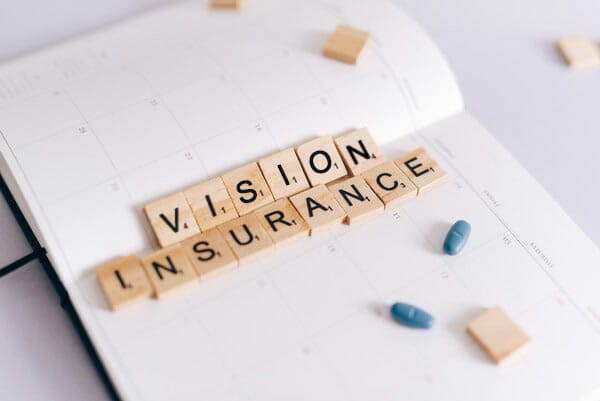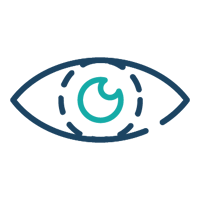Vision insurance, which is really more similar to a discount program, covers a certain percentage of routine eye care expenses, for example an annual eye exam, an annual contact lens exam, and renewing your prescription glasses or contact lenses. Medical insurance usually covers expenses associated with any medical conditions related to your eyes or vision, but it generally does not cover routine care such as annual eye exams, eyeglass lenses, eyeglass frames and contact lenses. It's important to note that most vision insurance plans don't cover 100% of your vision expenses. As a result, you should expect some out-of-pocket expenses. In order to be familiar with your specific plan's details, we strongly recommend contacting your insurance provider before your appointment.

















